Maryland Horse Council
Horse Manure Management
Surveys Project
Preliminary Results
August 2014
The Maryland Horse Council received a grant from the Maryland
Horse Industry Board to conduct a series of surveys on horse manure management
throughout the state. This issue was
identified as a priority concern at the 2009 Maryland Horse Forum. Under this grant, the first survey was sent
out electronically to horse farms. The
survey is voluntary and all results are anonymous. To date, we have received over 200 responses
from horse farms located throughout the state.
Here are the preliminary findings of the survey.
Ø Most have 1-5 horses (43%), 6-9
horses (16%), 10-19 horses (20%). 20-49 horses (14%), 50-100 horses (6%), over
100 horses (1%)
Ø Most keep horses in stalls for some
period (80%)
Ø Most keep horses in stalls for 7-10
hours in the summer (41%) and 11-14 hours in the winter (44%)
Ø Most use sawdust for bedding (59%)
followed by wood shavings (22%)
Ø 42% compost and then spread horse
manure and bedding
Ø 30% compost and give away composted
material
Ø 21% pile horse manure and have it
hauled away
Ø 17% spread un-composted horse manure
and bedding
Ø 13% put horse manure and bedding in
dumpsters to be hauled off
Ø 3% compost and sell composted manure
Ø 59% use horse manure as a fertilizer
on their own farm, 41% do not
Ø The most common
equipment/infrastructure for manure management are a compost pile, spreader and
bucket loader
Ø Most farms dedicate 1-5 person hours
per week to manure management (in addition to regular stall cleaning)
Ø If the manure is hauled off the farm,
65% reported a monthly pick up, 19% weekly, 16% bi-weekly
Ø Hauling fees range from $90 to $1000
depending on amount and frequency
Ø 15 hauling companies for horse manure
were identified
Ø Most horse farms (50%) do not know
where their haulers take the manure, 32% goes to a composing facility, 10% to
mushroom farms, 6% to a landfill and 2% to a nursery
Ø Most horse farms (67%) would not haul
their own horse manure to a regional composting facility
Ø Over half (59%) were satisfied with
their system of manure management, 34% somewhat satisfied, 7% not satisfied
Ø Most of those unsatisfied with their
present manure management system cited cost as their primary concern (46%),
followed by lack of information on alternatives (22%), lack of space on the
farm (20%) and time limitations (12%)
Ø Statements on the ideal manure
management system include on-farm composting for on-farm use, on-farm
composting for sale/gifts and hauling off at no or low cost
Ø Most farms (79%) have never used
available technical assistance or cost sharing programs from state or county
agencies. Of the 21% who did use these programs, a third found them helpful, a
third found them not helpful and a third found them somewhat helpful. Of this
21% who used the programs, most (70%) would like to have more funding
available.
Ø Final comments from respondents to
the question, “Are there any other issues related to horse manure management
that you recommend be added to the agenda of the Maryland Horse Council?” (shortened versions)
“Need more
access to information”
“Find a way
for horse people to sell their manure”
“Assure that
haulers are disposing of the manure properly”
“Need cost
effective systems”
“Connect
manure users with providers”
“Reduce
paperwork”
“Help small
farm operators”
“Pest
control”
“Study
persistent herbicides”
“More
information on state, county and municipal laws and regulations”
“More
training on composting and manure management”
Preliminary conclusions:
Ø Many small horse farms are interested in on-farm composting
Ø The manure hauling business is very locally-driven and segmented
Ø There are concerns about cost and regulations for manure management
Ø There is un-met demand for technical and financial assistance for manure
management




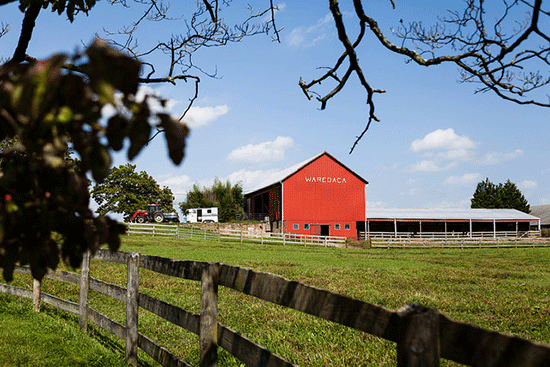
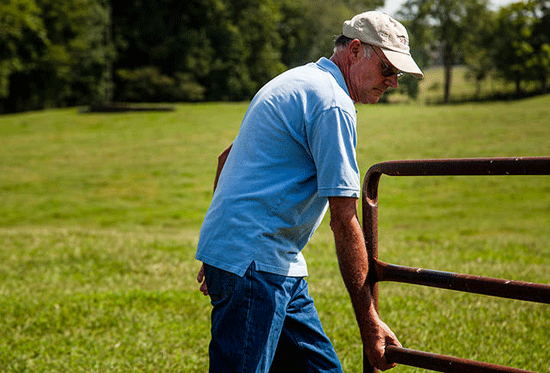
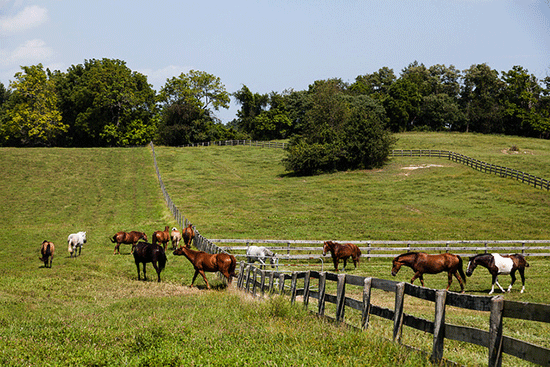
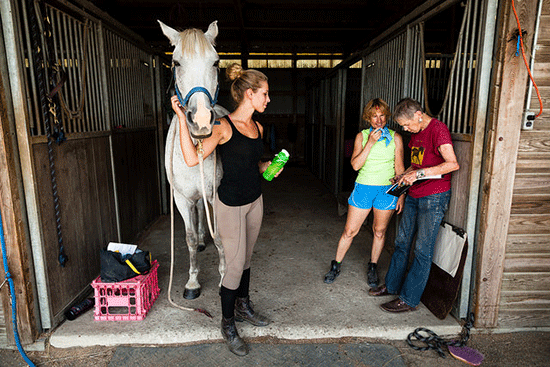
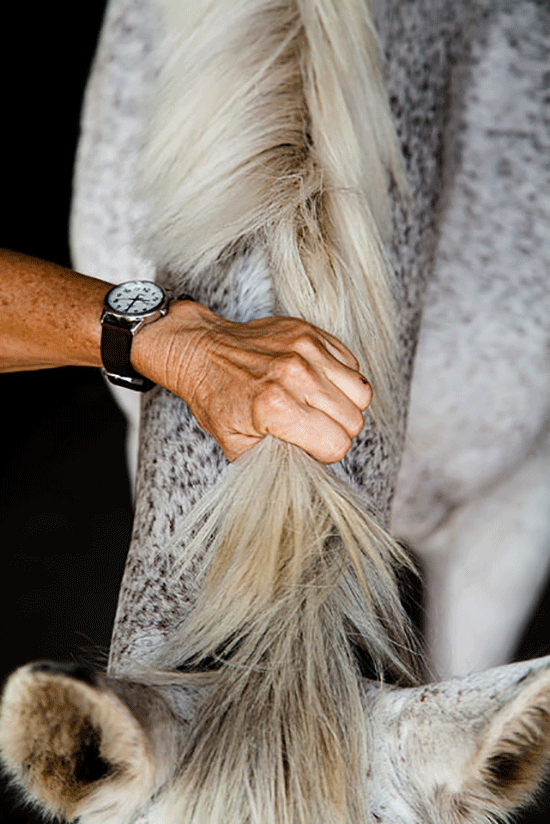
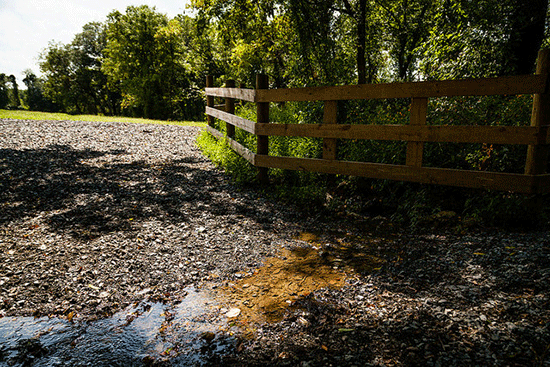





.jpg)